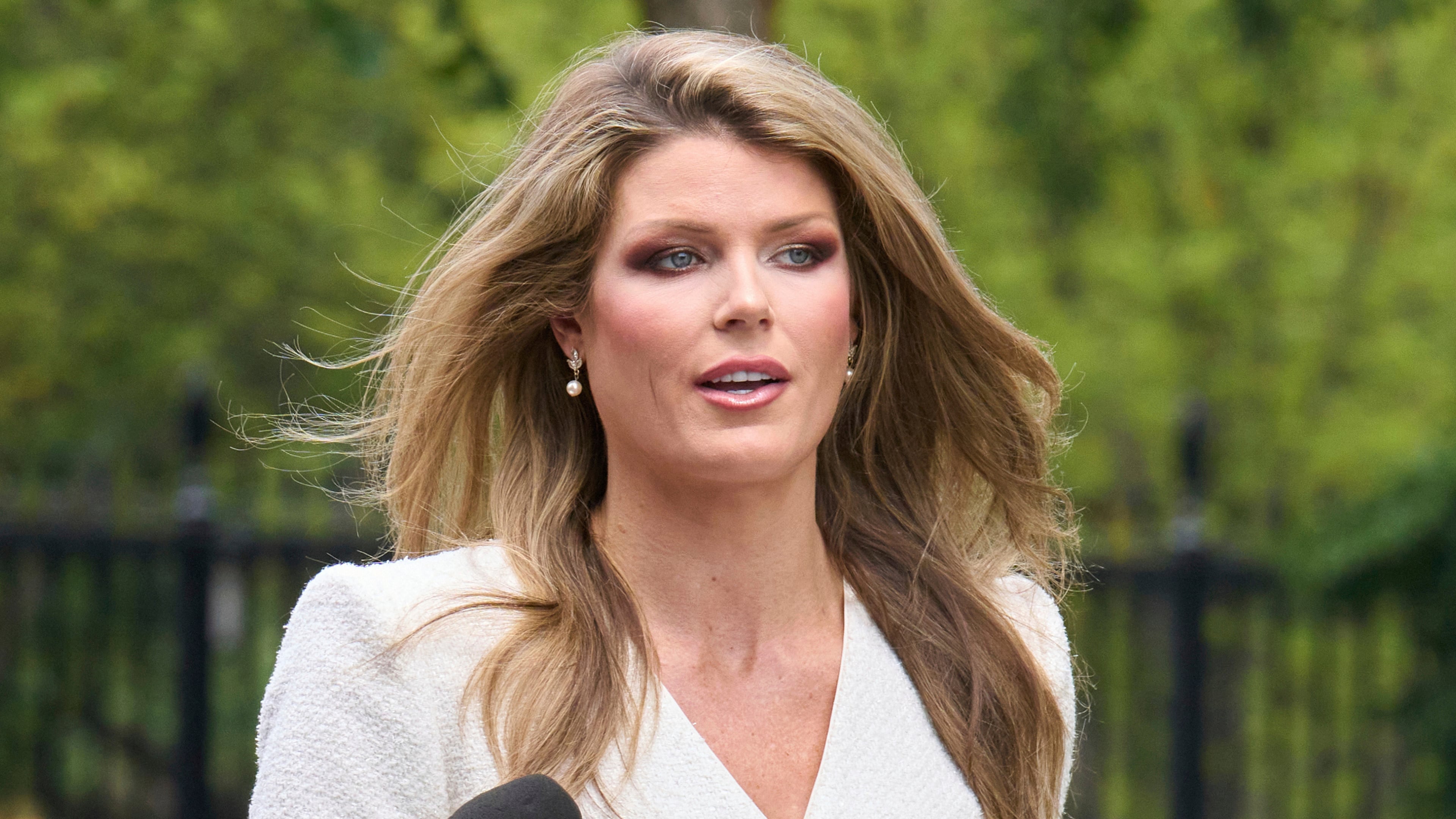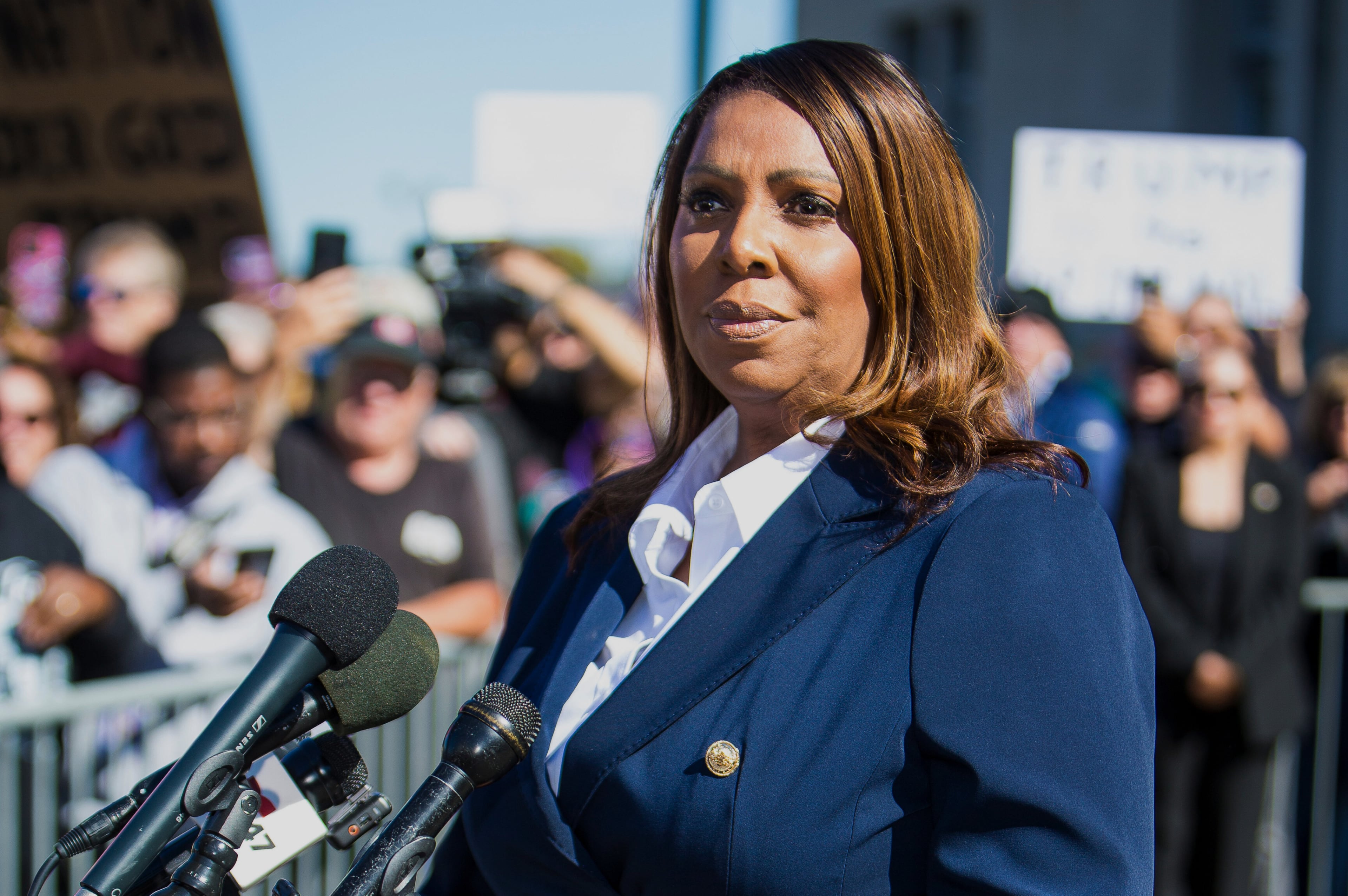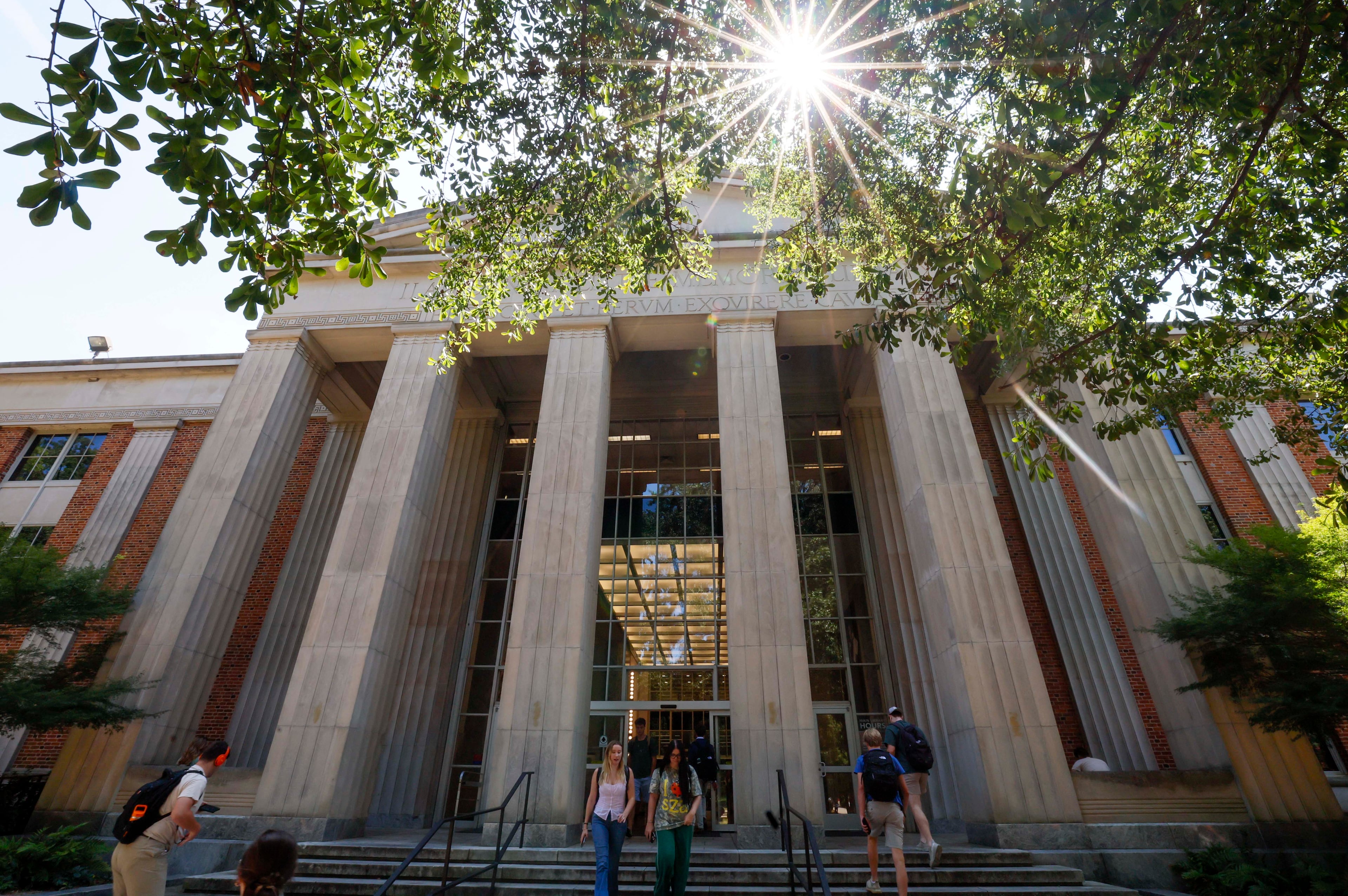Judge hears arguments challenging appointment of prosecutor who charged James Comey, Letitia James

ALEXANDRIA, Va. (AP) — Lawyers for two of President Donald Trump's foes who have been charged by the Justice Department asked a judge on Thursday to dismiss the cases against them, saying the prosecutor who secured the indictments was illegally installed in the role.
U.S. District Cameron McGowan Currie didn't immediately rule from the bench but said she expects to decide by Thanksgiving on challenges to Lindsey Halligan’s appointment as interim U.S. attorney for the Eastern District of Virginia.
The requests are part of multiprong efforts by former FBI Director James Comey and New York Attorney General Letitia James to get their cases dismissed before trial.
At issue during Thursday’s arguments are the complex constitutional and statutory rules governing the appointment of the nation’s U.S. attorneys, who function as top federal prosecutors in Justice Department offices across the country.
The role is typically filled by lawyers who have been nominated by a president and confirmed by the Senate. Attorneys general do have the authority to get around that process by naming an interim U.S. attorney who can serve for 120 days, but lawyers for Comey and James note that once that period expires, the law gives federal judges of that district exclusive say over who can fill the vacancy.
But that's not what happened in this instance.
After then-interim U.S. attorney Erik Siebert resigned in September while facing Trump administration pressure to bring charges against Comey and James, Attorney General Pam Bondi, at Trump's public urging, installed Halligan to the role.
Siebert had been appointed by Bondi in January to serve as interim U.S. attorney. Trump, a Republican, in May announced his intention to nominate him, and judges in the Eastern District unanimously agreed after his 120-day period expired that he should be retained in the role. But after the Trump administration effectively pushed him out in September, the Justice Department again opted to make an interim appointment in place of the courts, something defense lawyers say it was not empowered under the law to do.
Prosecutors in the cases say that the law does not explicitly prevent successive appointments of interim U.S. attorneys by the Justice Department and that, even if Halligan's appointment is deemed invalid, the proper fix is not the dismissal of the indictments.
Comey has pleaded not guilty to charges of making a false statement and obstructing Congress, and James, a Democrat, has pleaded not guilty to mortgage fraud allegations. Their lawyers have separately argued that the prosecutions are improperly vindictive and motivated by the president’s personal animus toward their clients and should therefore be dismissed.
Comey, as FBI director in the early months of Trump’s first term, infuriated the president through his oversight of an investigation into potential ties between Russia and Trump’s 2016 campaign. Trump fired Comey in May 2017. The two have been open adversaries since, with Comey labeling Trump “unethical” and comparing him to a Mafia boss and Trump branding Comey an “untruthful slime ball” and calling for him to be punished because of the Russia investigation.
James has been a frequent target of Trump’s ire, especially since she won a staggering judgment against him and the Trump Organization in a lawsuit alleging he defrauded banks by overstating the value of his real estate holdings on financial statements. An appeals court overturned the fine, which had ballooned to more than $500 million with interest, but upheld a lower court’s finding that Trump had committed fraud.

